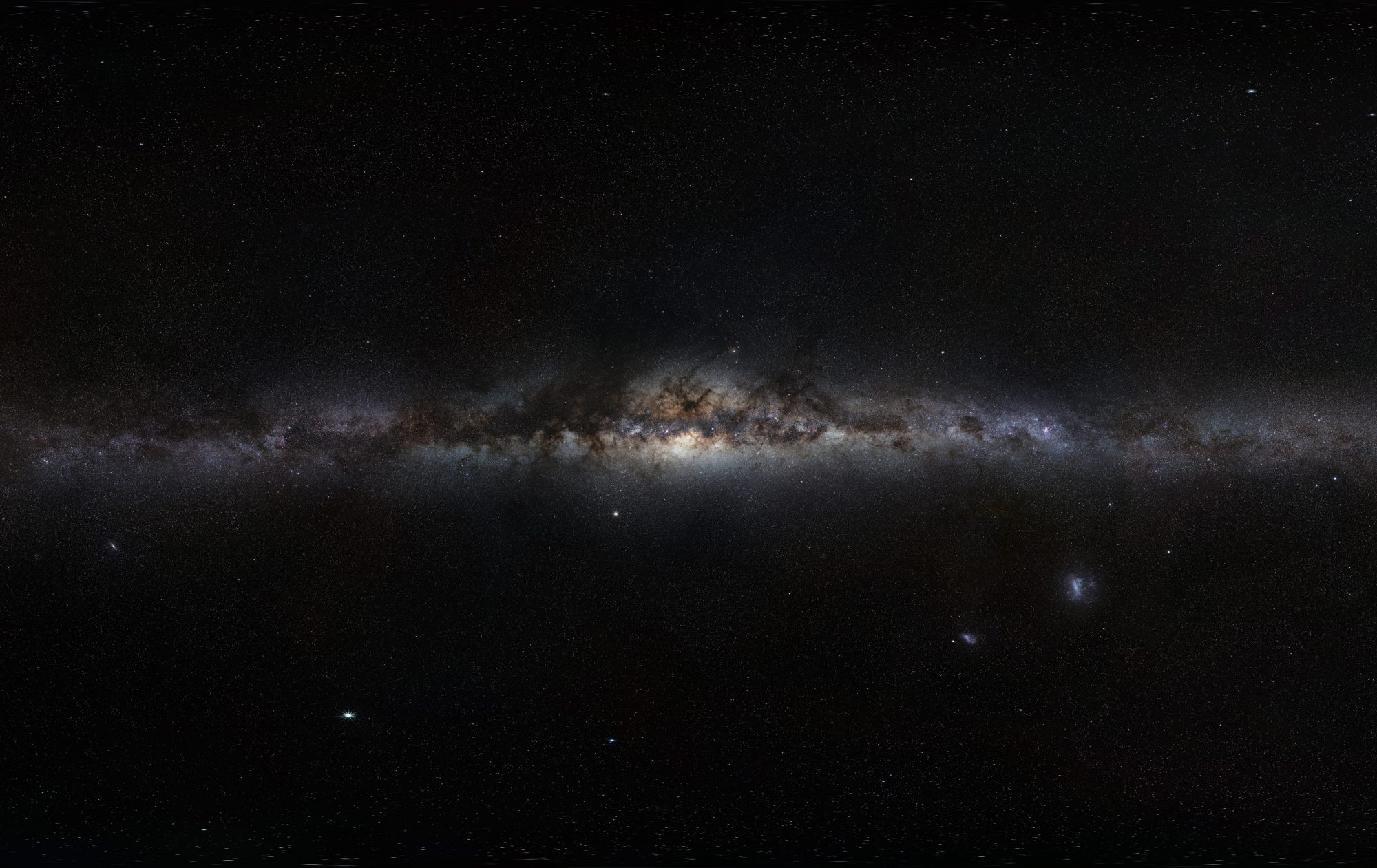Iraq, Syria, Afghanistan, Somalia, Sudan, the DRC. In each of these contexts, and numerous others, complex dynamics around politics, resources, religion and power are contributing to the creation of a global crisis of displacement of unprecedented scale, with a record number of 51.2 million people displaced in 2013.[1] Dominant state-centric modes of asylum and protection …
Continue reading "Faith and the Asylum Crisis: The role of religion in responding to displacement"
